The 2003 Honda Accord is a mid-size sedan that was offered in several trim levels, including the LX, EX, and EX V-6. It was powered by a standard 2.4-liter inline-four engine or an optional 3.0-liter V-6 engine, both of which were paired with a five-speed manual or a four-speed automatic transmission.
The 2003 Accord was known for its spacious interior, good fuel economy, and reliable performance, making it a popular choice among consumers. It also featured a number of safety and convenience technologies, such as dual-stage front airbags, anti-lock brakes, and a CD player.
Overall, the 2003 Honda Accord is a well-rounded and reliable vehicle that continues to be a popular choice among used car buyers.
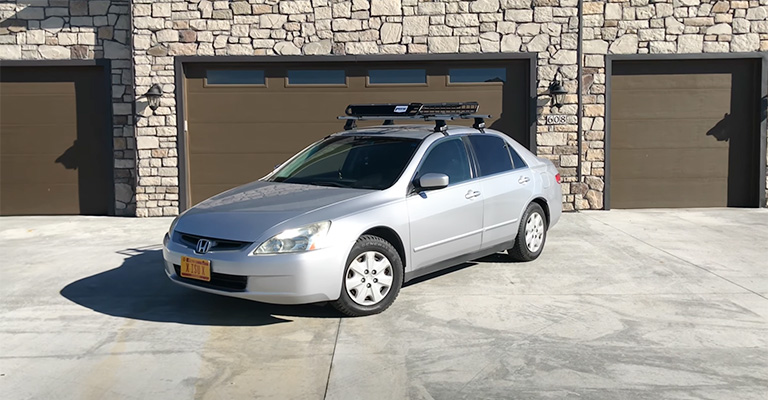
2003 Honda Accord Problems
Like every other model
1. Warped Front Brake Rotors May Cause Vibration When Braking
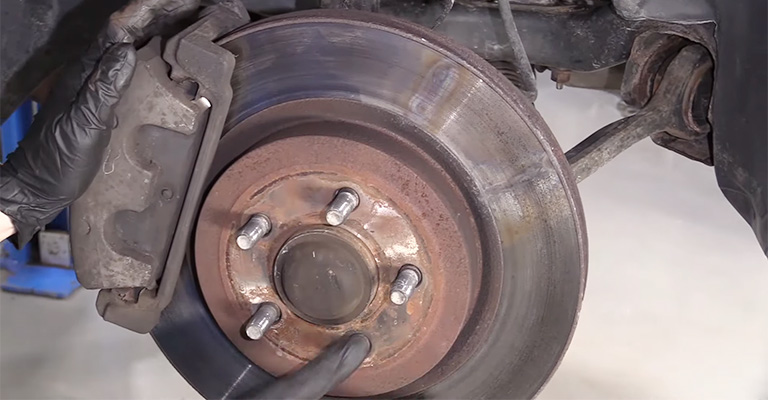
Some 2003 Honda Pilot users have reported experiencing vibration when braking, which may be caused by warped front brake rotors. This issue may occur if the rotors are not properly cooled during heavy braking, causing them to become distorted and leading to vibration.
2. Overheated Wire Harness May Cause Low Beams to Fail
Some 2003 Honda Pilot users have reported that their low beam headlights have stopped functioning, which may be caused by an overheated wire harness.
The wire harness may become overheated due to a lack of proper insulation, leading to a failure of the low beam headlights.
3. Map Light Does Not Turn On When Opening Door
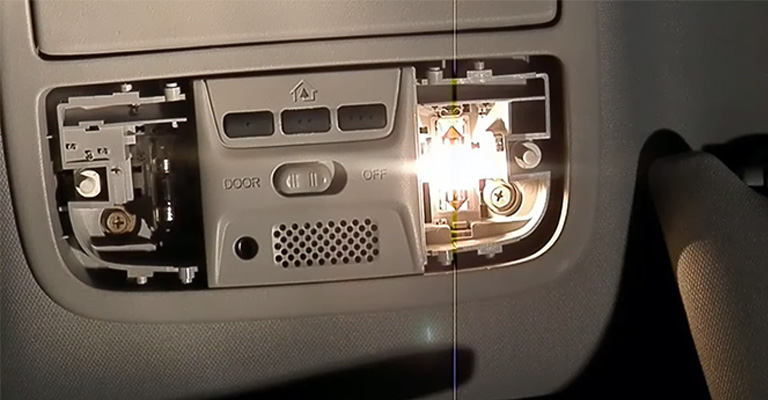
Some 2003 Honda Pilot users have reported that the map light in their vehicle does not turn on when the door is opened.
This issue may be caused by a malfunctioning door switch or a problem with the wiring connecting the map light to the door switch.
4. Water Leak Due to Poor Seal at Side Marker Wire Harness
Some 2003 Honda Pilot users have reported water leaks in their vehicle, which may be caused by a poor seal at the side marker wire harness.
The wire harness may be located in an area that is prone to water exposure, leading to the poor seal and resulting in water leaks.
5. Knocking Noise From Front End, Stabilizer Link Issues
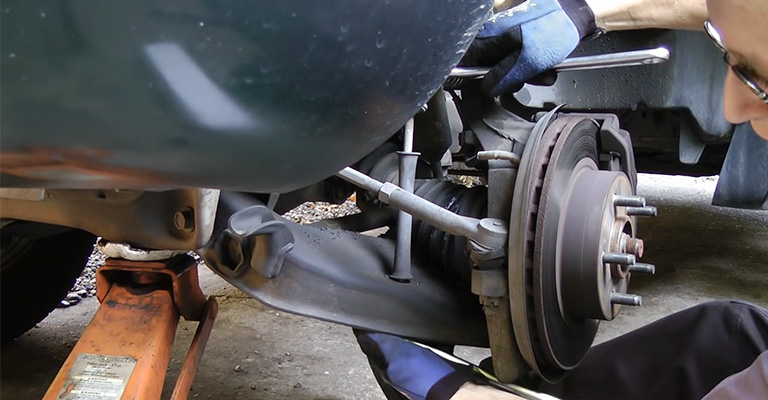
Some 2003 Honda Pilot users have reported hearing a knocking noise coming from the front end of their vehicle.
This issue may be caused by problems with the stabilizer links, which are responsible for connecting the front suspension to the frame of the vehicle. If the stabilizer links are worn or damaged, they may cause a knocking noise when the front end of the vehicle moves.
6. Noise and Judder on Turns Due to Differential Fluid Breakdown
Some 2003 Honda Pilot users have reported experiencing noise and judder on turns, which may be caused by a breakdown of the differential fluid.
The differential is responsible for distributing power to the wheels of the vehicle, and if the fluid breaks down, it may cause noise and judder when turning.
7. Failed power resistor will cause rear blower not to work
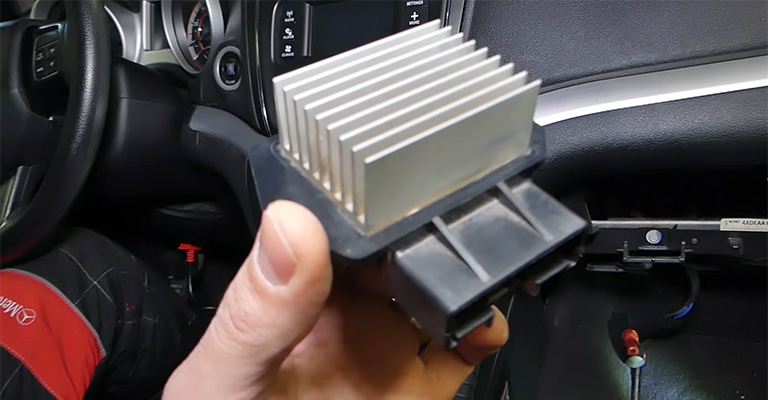
Some 2003 Honda Pilot users have reported that the rear blower in their vehicle has stopped working, which may be caused by a failed power resistor.
The power resistor is responsible for regulating the electrical current to the blower, and if it fails, it may prevent the blower from functioning.
8. Check Engine Light for Running Rough and Difficulty Starting
Some 2003 Honda Pilot users have reported that their vehicle is running rough and experiencing difficulty starting, which may trigger the check engine light.
This issue may be caused by a variety of problems, such as a malfunctioning ignition system, a problem with the fuel delivery system, or an issue with the engine itself.
9. Porous Engine Block Casting May Cause Engine Oil Leaks
Some 2003 Honda Pilot users have reported experiencing engine oil leaks, which may be caused by a porous engine block casting.
The engine block is the main structural component of the engine, and if it has a porous casting, it may allow oil to leak out.
10. Engine Idle Speed is Erratic or Engine Stalls

Some 2003 Honda Pilot users have reported that their vehicle’s engine idle speed is erratic or that the engine stalls.
This issue may be caused by a variety of problems, such as a malfunctioning idle control system, a problem with the fuel delivery system, or an issue with the engine itself.
11. Check Engine and D4 Lights Flashing
Some 2003 Honda Pilot users have reported that both the check engine and D4 lights are flashing on their dashboard.
This may indicate a problem with the transmission system, and it is recommended to have the vehicle inspected by a mechanic to determine the cause of the issue.
12. Check engine light due to sticking rocker pins
Some 2003 Honda Pilot users have reported that the check engine light has come on in their vehicle, which may be caused by sticking rocker pins.
Rocker pins are components that connect the rocker arms to the valve stems in the engine, and if they become stuck, it can trigger the check engine light.
13. Check Engine Light and Engine Takes too Long to Start
Some 2003 Honda Pilot users have reported that the check engine light has come on in their vehicle, and that the engine takes too long to start.
This issue may be caused by a variety of problems, such as a malfunctioning ignition system, a problem with the fuel delivery system, or an issue with the engine itself.
14. Throttle May Stick Due to Carbon Buildup on Throttle Body
Some 2003 Honda Pilot users have reported that the throttle in their vehicle may stick, which may be caused by carbon buildup on the throttle body.
The throttle body is responsible for regulating the flow of air into the engine, and if it becomes clogged with carbon deposits, it may cause the throttle to stick.
15. Rough Idle/Harsh Shifting Due to Broken Front Engine Mount
Some 2003 Honda Pilot users have reported experiencing rough idle and harsh shifting, which may be caused by a broken front engine mount.
The engine mount is responsible for securing the engine to the frame of the vehicle, and if it breaks, it can cause problems with the engine’s performance.
FAQ on 2003 Honda Accord Problems
Q: What are common problems with the 2003 Honda Accord?
A: Some common problems with the 2003 Honda Accord include transmission issues, faulty air conditioning, and engine problems.
Q: How do I fix transmission issues with my 2003 Honda Accord?
A: If you are experiencing transmission issues with your 2003 Honda Accord, it is best to have a mechanic diagnose and repair the problem.
Common transmission problems with the 2003 Honda Accord include slipping, jerking, and difficulty shifting gears.
These issues can be caused by a variety of factors, such as low transmission fluid, a faulty transmission mount, or a damaged torque converter.
Q: How do I fix the air conditioning in my 2003 Honda Accord?
A: If your 2003 Honda Accord’s air conditioning is not working properly, there are a few steps you can try to troubleshoot the issue.
First, check to make sure the air conditioning system is properly charged with refrigerant. If the system is low on refrigerant, it may not be able to produce cold air.
You can also check the air conditioning compressor to make sure it is functioning properly. If these steps do not resolve the issue, it may be best to have a mechanic diagnose and repair the problem.
Q: What are common engine problems with the 2003 Honda Accord?
A: Some common engine problems with the 2003 Honda Accord include overheating, poor fuel economy, and engine knocking.
These issues can be caused by a variety of factors, such as a faulty radiator, worn spark plugs, or a leaking head gasket.
If you are experiencing engine problems with your 2003 Honda Accord, it is best to have a mechanic diagnose and repair the issue.

Leave a Reply